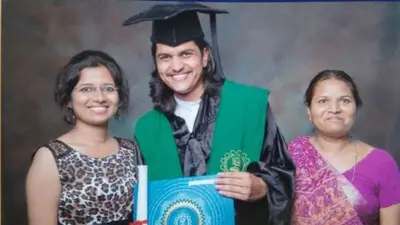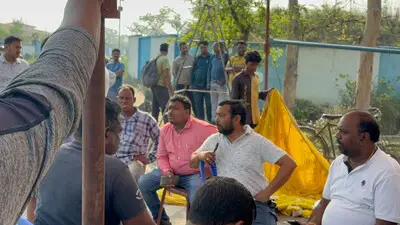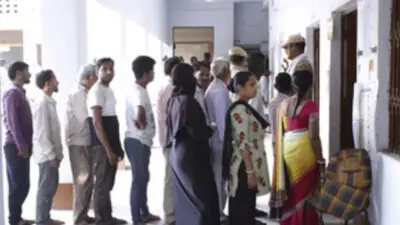Recommended Stories
"International cooperation and concerted action against terrorists and their sponsors, including the complete dismantling of terrorist safe havens, sanctuaries, training grounds and financial and ideological support structures are the critical imperatives to defeat this scourge," India`s Permanent Representative to the UN Ambassador Hardeep Singh Puri said at the Security Council.
Puri said the three Security Council committees dealing with counter-terrorism - 1267/1989 Committee, 1373 Committee and 1540 Committee - must continue to explore ways to enhance their synergies in the fight against terrorism. "Our entire region, South Asia, has been wracked by the activities of the biggest terrorist organisations and entities in the world, be they Al-Qaeda, elements of Taliban or Lashkar-e-Taiba and others," he said.
Assuring India`s support to international efforts to prevent non-state actors and terrorists from acquiring weapons of mass destruction, Puri said New Delhi is "conscious of the dangers that the transfers of such WMDs to non state actors could entail.
Given the evolving complex challenges emanating from non-state actors to international peace and security, such risks are more than ever before. "The international community must join hands to eliminate the risks relating to sensitive materials and technologies falling into the hands of terrorists and non-state actors," Puri added.
Puri expressed India`s concerns over the workings of the 1267 Sanctions Committee, which deals exclusively with sanctions relating to Taliban, saying "its functioning continues to be subjected to political pulls and pressure.
This is a scenario that we can ill-afford in our fight against terrorism." The 1267/1989 committee was split into two in June this year with the 1989 committee dealing with sanctions only relating to Al-Qaeda.
Puri said India was hopeful that this split would enable the Afghan government to have a greater say in confronting the challenges emanating from those constituting a threat to the peace, security and stability in the country.
He said it is critical that all sanctions regimes established by the Security Council must ensure their decision-making process is swift, fair and transparent. The committees must continue to focus on the linkages between Al-Qaeda and Taliban, which pose a serious threat to international peace and security.
Puri, who is also chair of the Security Council`s Counter Terrorism Committee, briefed the 15-member body on the activities of his committee. He informed the council that the comittee had issued an updated global survey on the status of counter-terrorism efforts around the world.
The survey pointed out that member states continue to struggle to secure porous borders, monitor financial systems, strengthen their judicial systems and prosecute or extradite terroristsuspects. Inadequate funding and training constrain the ability of many nations to be effective. The survey also expressed concern that terrorists are turning increasingly to the internet and new technologies to recruit.












